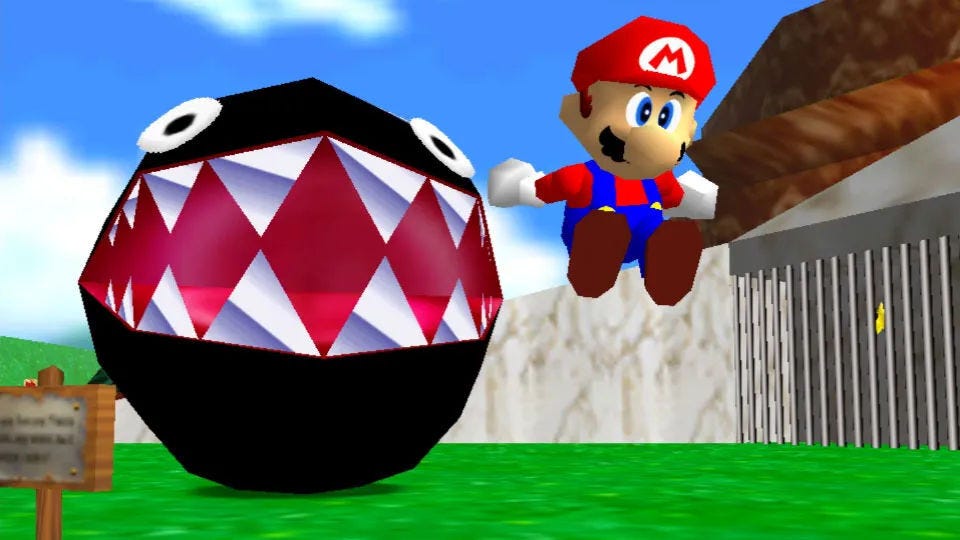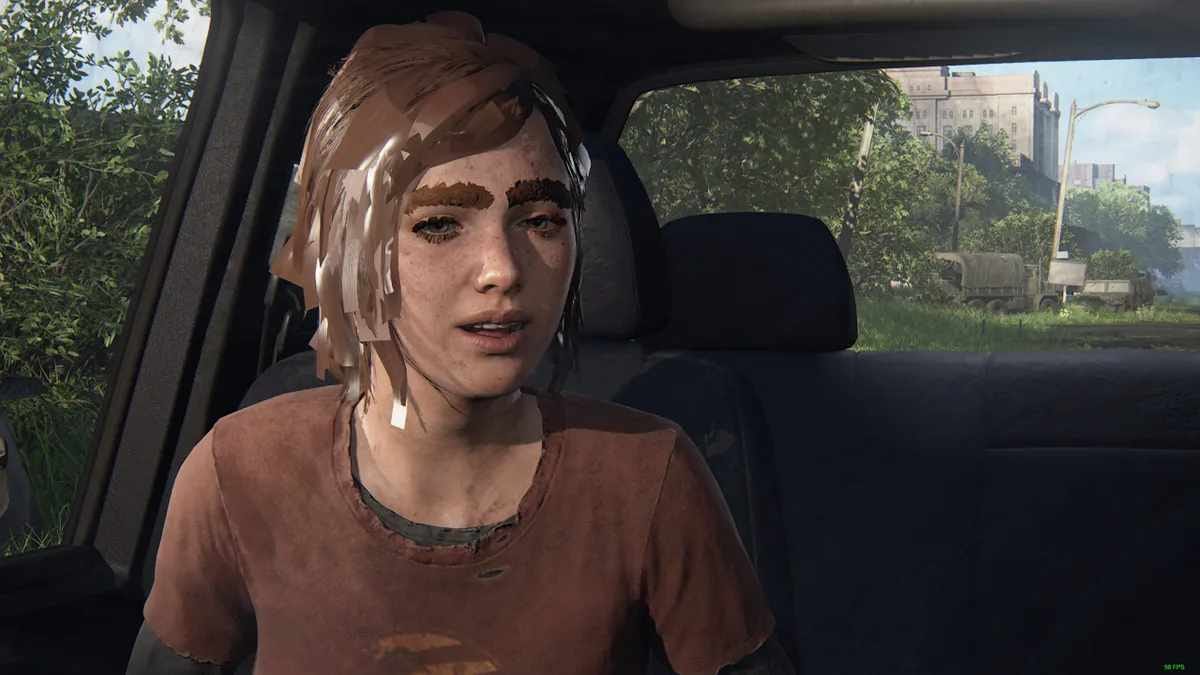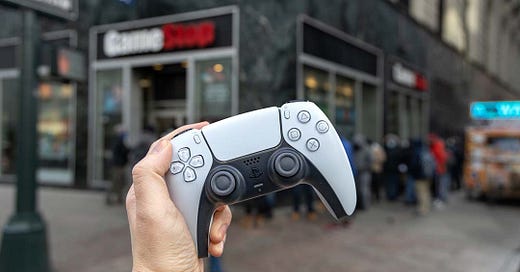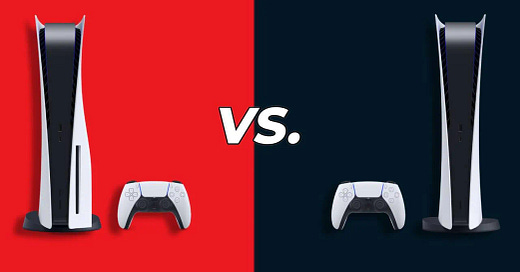
It's time to stop buying video games at launch
Let's face it, it's becoming harder and harder to justify playing a game on day one
When was the last time a video game launched without any issues? Honestly, I couldn’t name one title with any conviction. And that’s why I no longer buy video games on release day.
You see, I grew up during the halcyon days when video games were deemed complete, ready to ship, and worked as intended. Laughably, that was only a few decades ago.
Patches and updates weren’t available to developers back then, so what you shipped is what the consumer got. There were no second chances, no pleading for patience, no roadmaps to keep players hanging on – your game either worked as advertised or it didn’t. Simple as.
Miraculously, despite developers being unable to tinker for months or years after a game was released, I don’t recall playing more than one game that suffered from a genuinely game-breaking bug. And believe me, I played a lot of games during the Sega Genesis, N64, and PS2 eras, and owned all the consoles to boot.
The only time I vividly remember encountering an undeniable issue was while playing one of my favorite titles of all time: WWF No Mercy on the N64. There was a save state glitch that would wipe your progress at a moment’s notice, which prompted publisher THQ to release a new version that ultimately addressed the bug. Seeing my save state wiped was extremely frustrating, granted, but everything else was so damn good I kept on playing for many, many years to come.
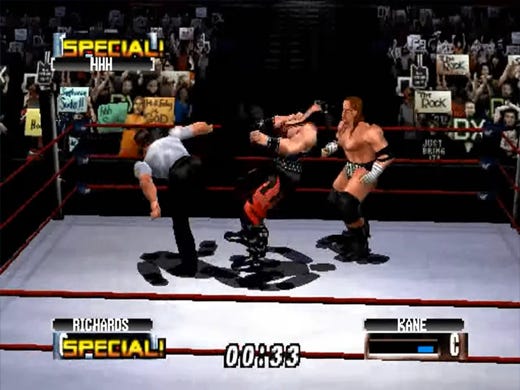
Now don’t get me wrong – retro games weren’t perfect and there may be more examples you could throw at me. And perhaps if updates were available to developers back then, some games could have been improved and even transformed into something bigger over time. Live service games are a great example of how updates can be beneficial as something like Fortnite wouldn’t exist without frequent content updates.
But I’m so thankful that games couldn’t be messed with before the Xbox 360 and PS3 generations arrived. Finding a debilitating bug or game-changing glitch was incredibly rare, at least in my experience, which was a testament to just how well-made and polished video games used to be.
After all, there’s a reason why retro titles are still so enjoyable today and work just as you remember. Super Mario 64, Sonic the Hedgehog, Grand Theft Auto: Vice City, Balloon Fight – no patches necessary, they just worked.
So how is it, then, that developers were able to release hundreds upon hundreds of games without any of the problems that we inevitably see crop up with every new release today? Well, fundamentally, it’s because the crutch and safety net of a quick fix simply wasn’t there.
All is lost
Nowadays, every video game launch feels like you’re gambling with your money. It’s a total crapshoot that many of us can’t really afford now that games cost $70. If you want to play a game on release day, be prepared for broken quests, countless performance issues, missing features, and a catalog of errors and excuses.
Almost every video game, without fail, now receives a chunky day-one patch that promises to magically pick up the slack. If the patch doesn’t do an adequate job (and 99% of the time it doesn’t) then it’s only a matter of time until a game’s official Twitter account posts a lengthy list of aims and objectives, reels off a few heartfelt apologies, and then delivers lengthy patch notes on a regular basis until they decide to pull support on move onto the next project. Rinse and repeat.
For that reason, I can’t justify buying video games at launch, as much as it pains me to do so. Unless you’re desperate to be part of the zeitgeist, you’re always getting the raw end of the deal by being an early adopter these days. But by being patient and waiting a few months after release, you’ll likely benefit from a publisher panicking and putting its game on sale, and fundamentally, you’ll actually be getting something a lot closer to the experience the developer originally intended.
I wish I was overexaggerating when I say it feels like every game is rushed out of the door, but there are so many titles that spring to mind this year alone. Dead Space 2, Resident Evil 4 Remake, Pokémon Scarlet and Violet, The Last of Us: Part 1 on PC and Star Wars: Jedi Survivor. I could go on, which exemplifies what a sorry state of affairs this is.
The only fix
Now, you may be saying, “We need to support developers” as the reason why you buy games at launch and will continue to do so. I get it. But to clarify, I’m not trying to point the finger at anyone specifically – I’m not a game developer, I don’t know what goes into designing a game and all its complexities, and I’m not entitled enough to think that I know any better. I don’t.
I also know that deadlines have a huge impact and often it’s executives that will force developers’ hands when it comes to release date decisions and more. And that sucks.
But what I do know is this. Money is the metric that publishers value the most. That’s just business whether you like it or not.
If players start to vote with their wallets and take a stand against shoddy releases, you can bet that the quality of titles will improve drastically. We’ve already seen how developers will often go above and beyond to salvage a game and its own reputation when things go catastrophically wrong (see: Cyberpunk 2077).
But is the solution really to go into panic mode after a game is out and scramble to release hundreds of patches until things are deemed to be in an acceptable state? No, it’s not.
As the famous saying goes: “A delayed game is eventually good, but a rushed game is forever bad.” Cyberpunk 2077 may have recovered, but it’s definitely tainted developer CD Projekt Red’s reputation, and rightly so. If you want to release an unfinished game, there are channels to do so where gamers know what they’re getting.
Will everyone suddenly stop buying games as soon as they release, then? I sincerely doubt it. The shift in gamers’ mentality that I’d like to see isn’t going to happen – humans are stubborn creatures, gamers even more so.
And even though it isn’t ideal, I’ve found a solution that works for me. So, if you’ve also lost patience with rushed releases, overpromising and underdelivering, or a frankly sick and tired of buying into something which is incomplete, maybe you should do the same.
We all deserve better than to be treated as product testers, and rather hilariously, it didn’t use to be this way. It doesn’t have to be this way.
Now if you’ll excuse me, I’m off to dust off the N64 and relive the glory days before updates where games just worked as intended. Imagine that?





